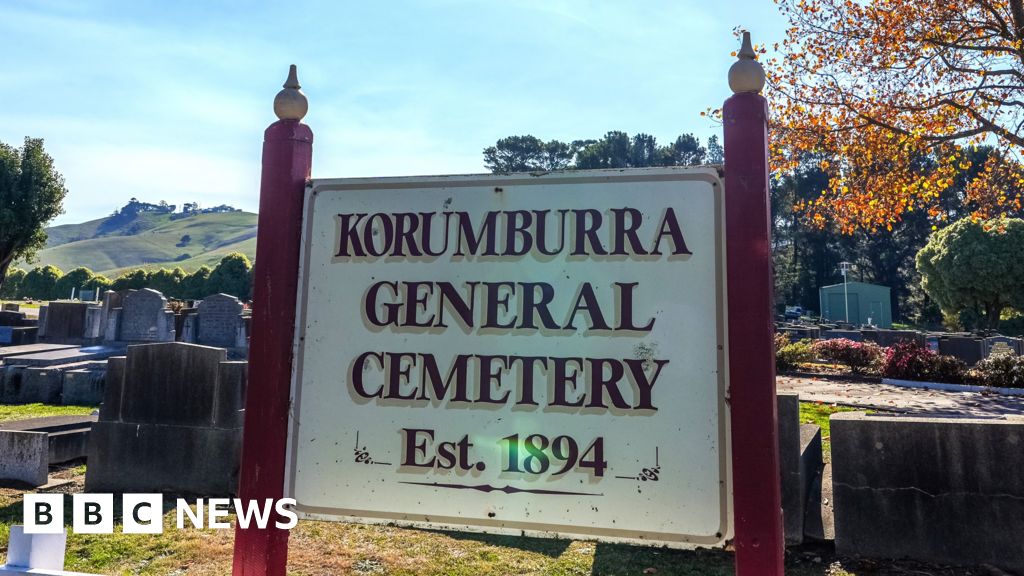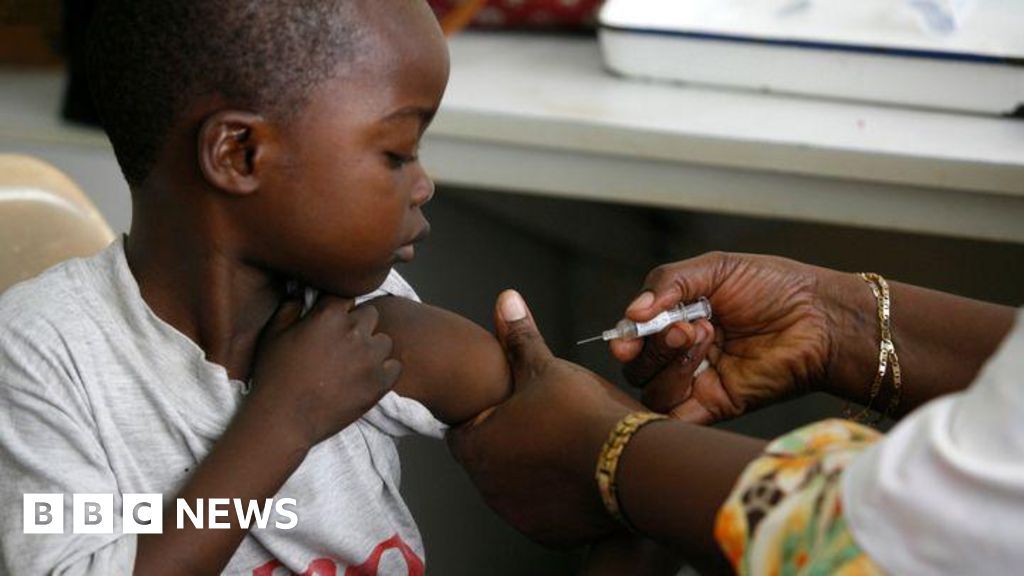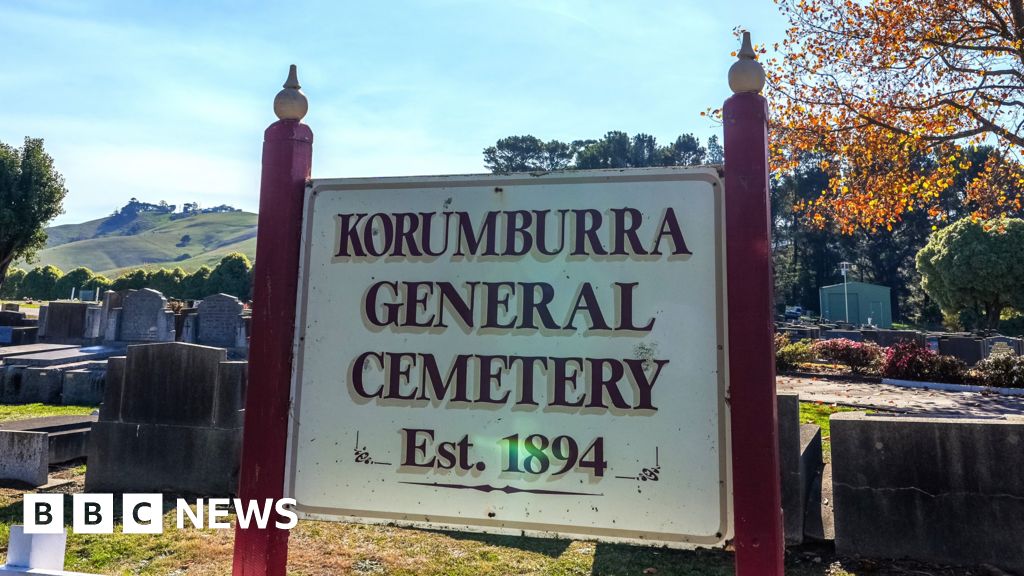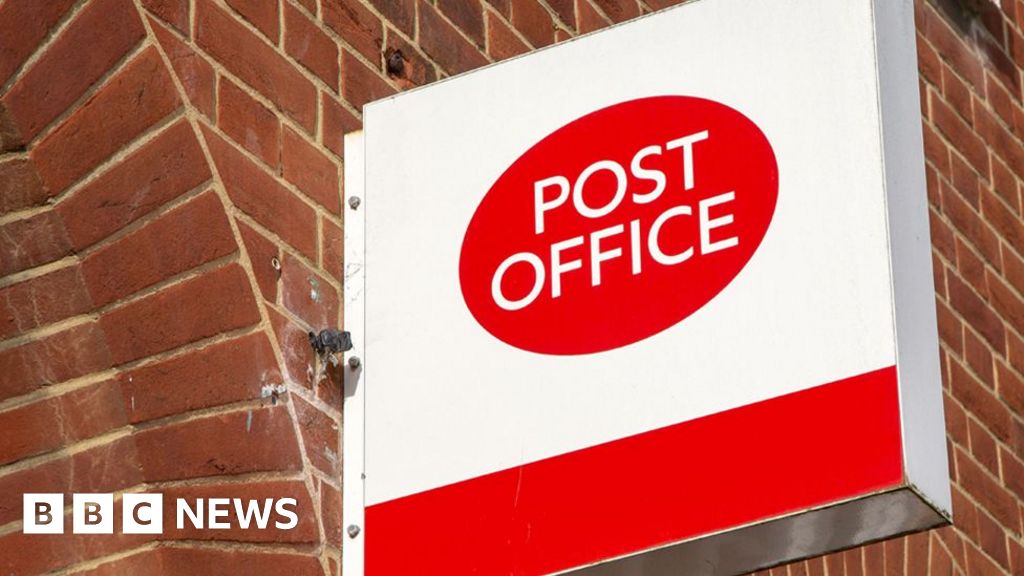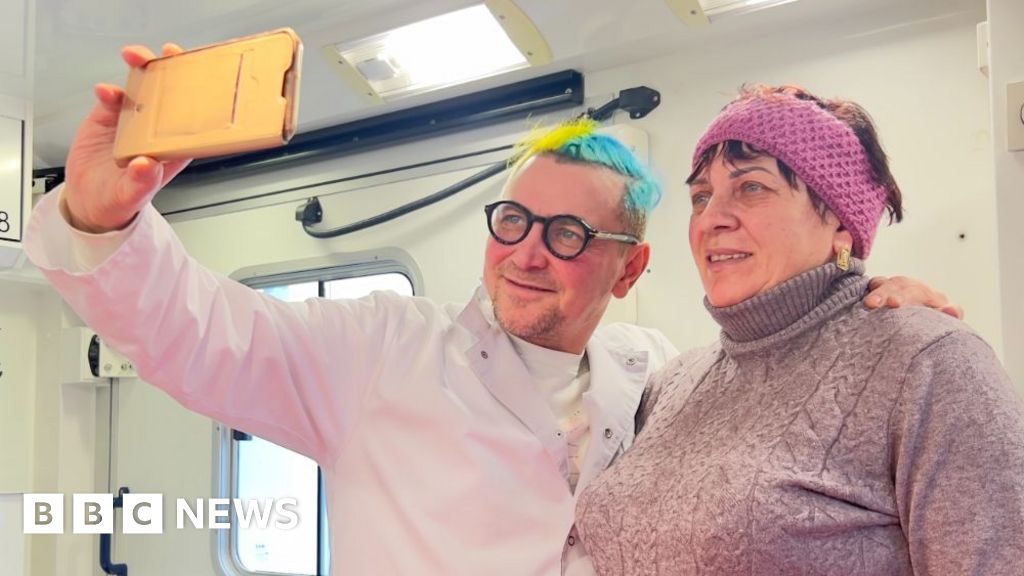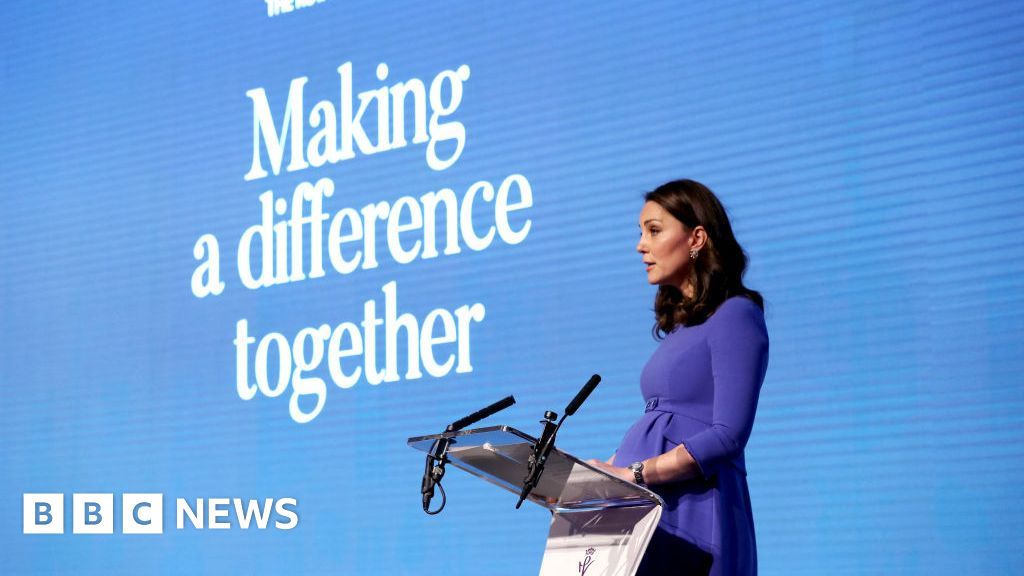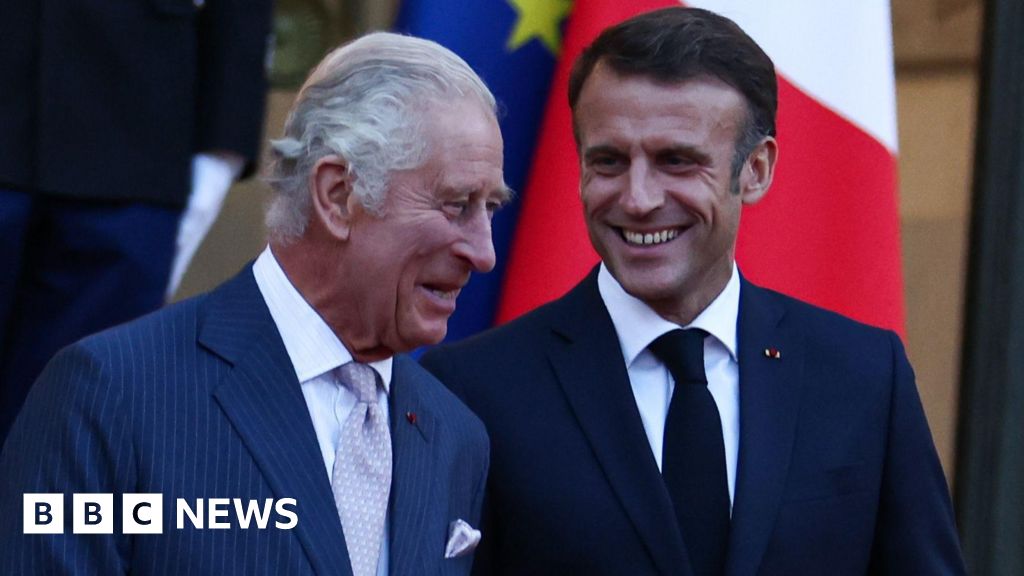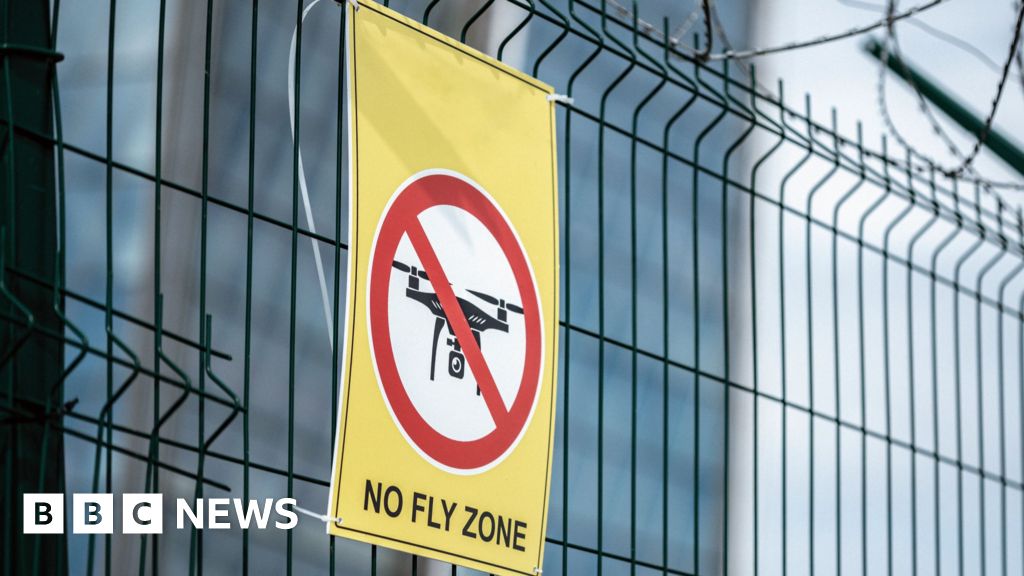An overwhelming amount of drugs being smuggled into prisons in England and Wales is "destabilising" the system and hindering efforts to stop re-offending, a watchdog has warned.
Prisons are being targeted by criminal gangs using drones to fly in contraband to sell to bored inmates being kept in cramped conditions, according to the chief inspector of prisons' annual report.
"This meant in many jails, there were seemingly uncontrolled levels of criminality that hard-pressed and often inexperienced staff were unable to contain," Charlie Taylor wrote.
Prisons Minister Lord Timpson said the report showed the "scale of the crisis we inherited" and that the government was working to end the "chaos".
The damning report published on Tuesday found overcrowding and staffing shortages were contributing to a lack of purposeful activities for prisoners to do that would aid their rehabilitation, with many turning to drugs to keep themselves occupied.
Both staff and prisoners have been saying for several years that far too little is being done to keep drugs out of prisons.
A survey of 5,431 prisoners found 39% said it was easy to acquire drugs, while 30% of random drug tests came back positive.
In one prison, HMP Hindley, this rate was almost double.
An inspection of HMP Bedford found random drug testing had not been conducted for 12 months despite drugs being a "significant threat to safety".
Drugs are smuggled into prisons by visitors or staff, thrown over fences or flown in using drones.
An inmate serving time for a violent offence told the BBC that getting drugs inside was "super easy".
Speaking from his cell on an illegal phone, he said: "If you want spice [synthetic cannabis] or weed or something stronger, you can get it in a jiffy. Everyone inside knows who's got some. You can smell it across the wings.
"The boredom is too much and sometimes you just want something to take your mind off it so you'll get high."
The report said drones were being used to make regular deliveries to HMP Manchester and Long Lartin - which hold "some of the most dangerous men in the country, including terrorists and organised crime bosses".
It said that physical security measures were inadequate, while at HMP Manchester "inexperienced staff were being manipulated or simply ignored by prisoners".
Mr Taylor said the failure to tackle these issues presented a threat to national security.
"The challenge for the prison service must be to work in conjunction with the police and security services to manage prisoners associated with organised crime," Mr Taylor said.
"This is a threat that needs to be taken seriously at the highest levels of government."
The report also found:
Prisoners were spending too long locked in cells, with limited opportunities to spend time in fresh air or take part in recreational activitiesPrisoners in full-time work or education missed out on other activitiesPrisoners released early to ease overcrowding had placed a "huge burden on already-overstretched" probation unitsThe population is growing "faster than new [prison] spaces can be made available"Lord Timpson said the report highlighted the "unacceptable pressures faced by our hardworking staff".
Addressing the issue of overcrowding, he said the government was building 14,000 extra places, with 2,400 already delivered, and "reforming sentencing to ensure we never run out of space again".
He added that the government had pledged £40m to improve prison security, including enhanced CCTV, new windows and floodlighting.
The Prison Service is also employing x-ray body scanners and detection dogs to combat smuggling.
The government hopes reforms to sentencing will allow more prisoners to be released early, freeing up prison spaces.
But drugs in prison are nothing new, and as long as there is a demand, new ways are likely to be created to bring them in.
With drug dealers and addicts doing time, and a constant appetite to make cash, drugs are something that will continue to be an irresistible temptation to those inside.


